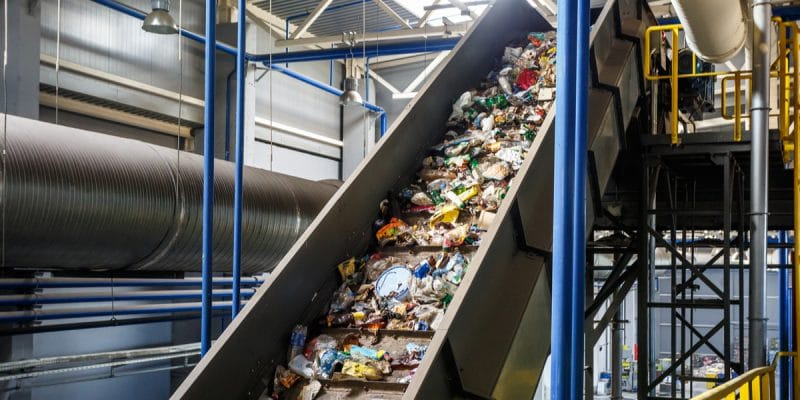The International Finance Corporation (IFC) has extended a $39 million loan to Engee PET Manufacturing Company Nigeria Limited. The plastic bottle manufacturer will use the financing to build a new plant. The raw material will be plastic waste, thus contributing to the promotion of recycling in a West African country that produces an average of 2.5 million tons of plastic waste per year.
Engee Manufacturing is now ready to green its plastic packaging in Nigeria. The manufacturer of polyethylene terephthalate (PET) resin used in the packaging of soft drinks, bottled water and other household and pharmaceutical products has just received financial support from the International Finance Corporation (IFC). The loan amounts to $39 million. In a statement issued on September 1st, 2020, the financial institution stated that its support is being provided under a financing plan that includes a $24 million senior “A” loan from the IFC and a $15 million subordinated loan from the Private Sector Blend Facility, provided by the International Development Association.
The financing is for the construction of a continuous polymerization PET resin plant in Ogun State, south-western Nigeria. The facility, which is expected to be fully operational within 2 years, will derive more than 20% of its raw material from local plastic waste, helping Nigeria to Strengthen the plastic bottle recycling and manufacturing sectors. “The plant’s collection, cleaning and treatment processes are sufficient to accelerate the evolution of plastics recycling in the country and support jobs along the recycling value chain. This will be a great victory for the Nigerian economy and its environment,” said Alexander Gendis, Managing Director of Engee Manufacturing.
Recycling 30,000 tons of used plastic bottles per year
According to estimates, Engee Manufacturing’s new plant is expected to double the number of recycled plastic bottles in Nigeria by redeploying up to 30,000 tons of used plastic bottles per year. Even so far, the challenge for the recycling sector remains huge in Nigeria. According to official figures, Nigeria generates some 32 million tons of waste per year, of which 2.5 million tons are plastic waste. The country’s disposal, recycling and waste management system is very inefficient, especially for plastic and non-plastic waste, most of which (70%) ends up in landfills, sewers, beaches and water bodies.
Arriving in Nigeria in 2014 as a Greenfield joint venture, Engee PET Manufacturing Company Nigeria Limited (E-PET) now employs approximately 500 people.
Boris Ngounou







